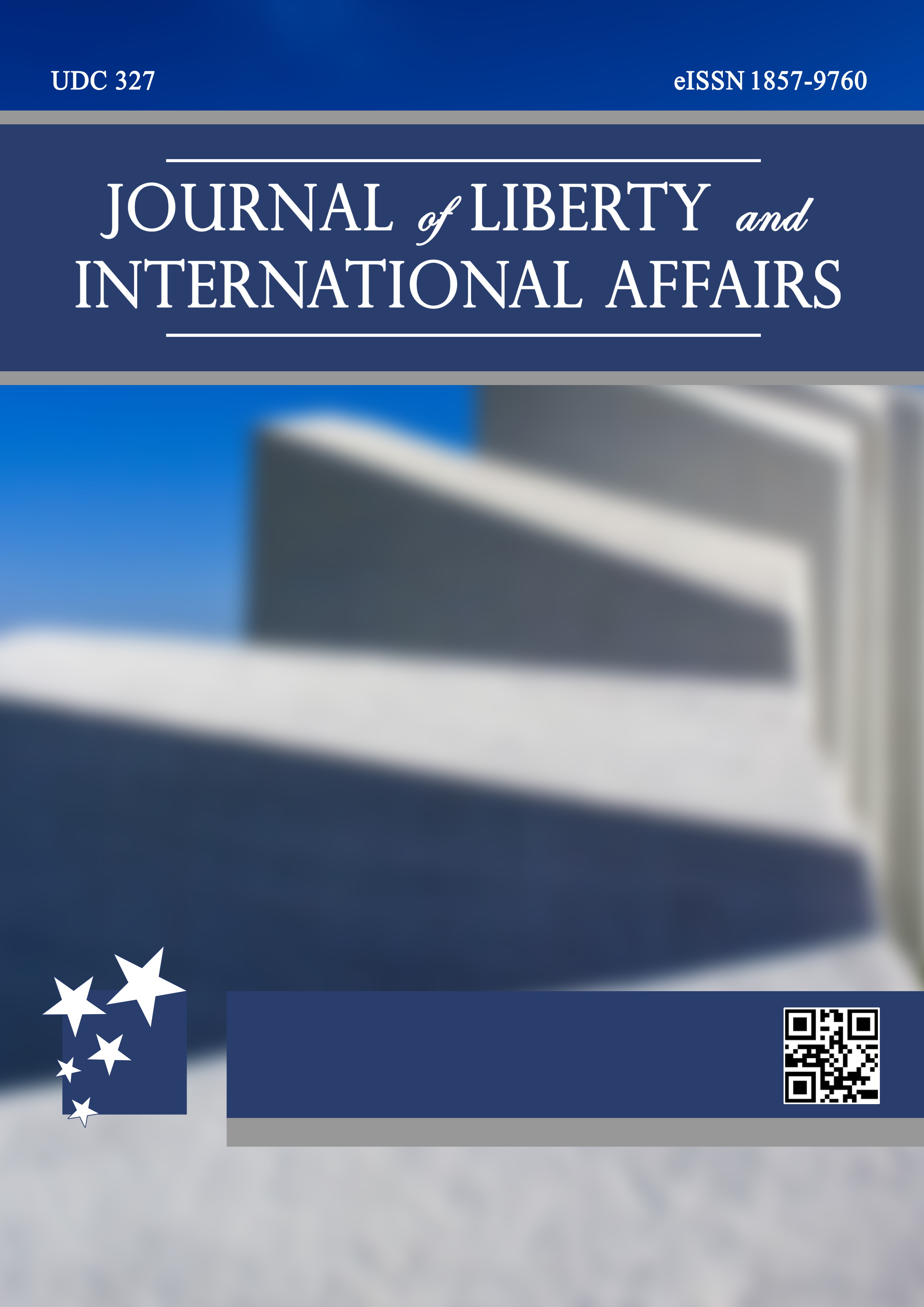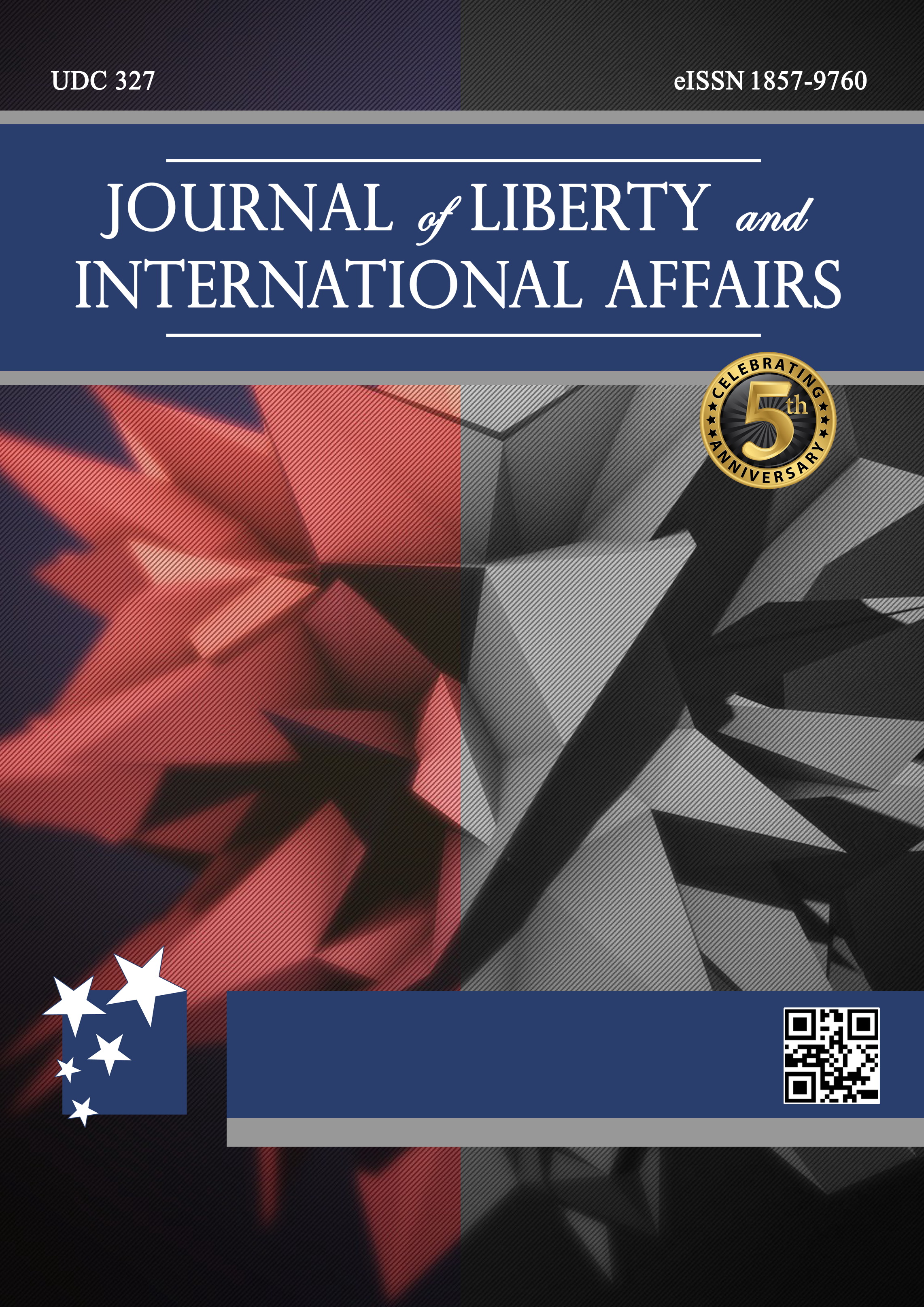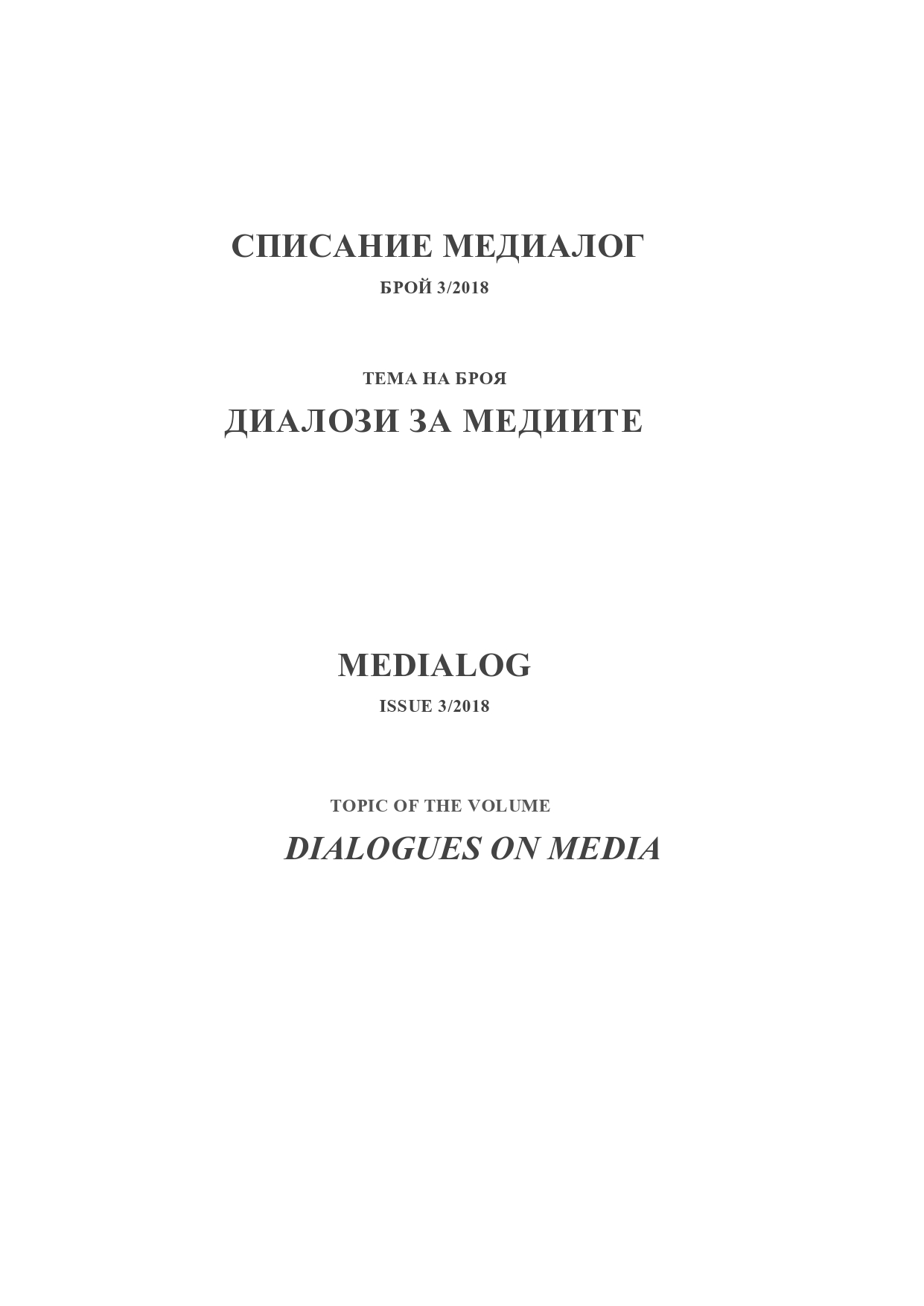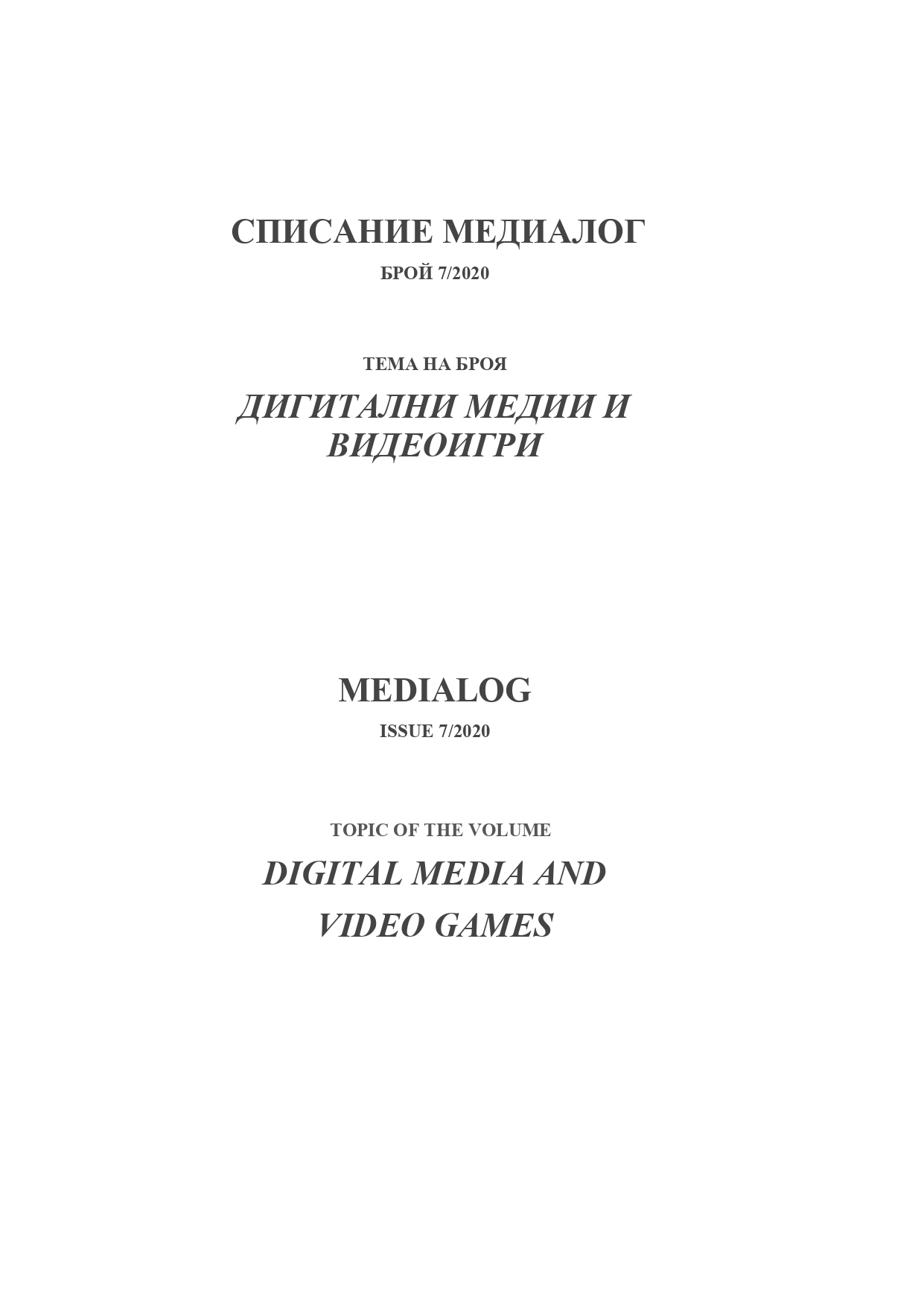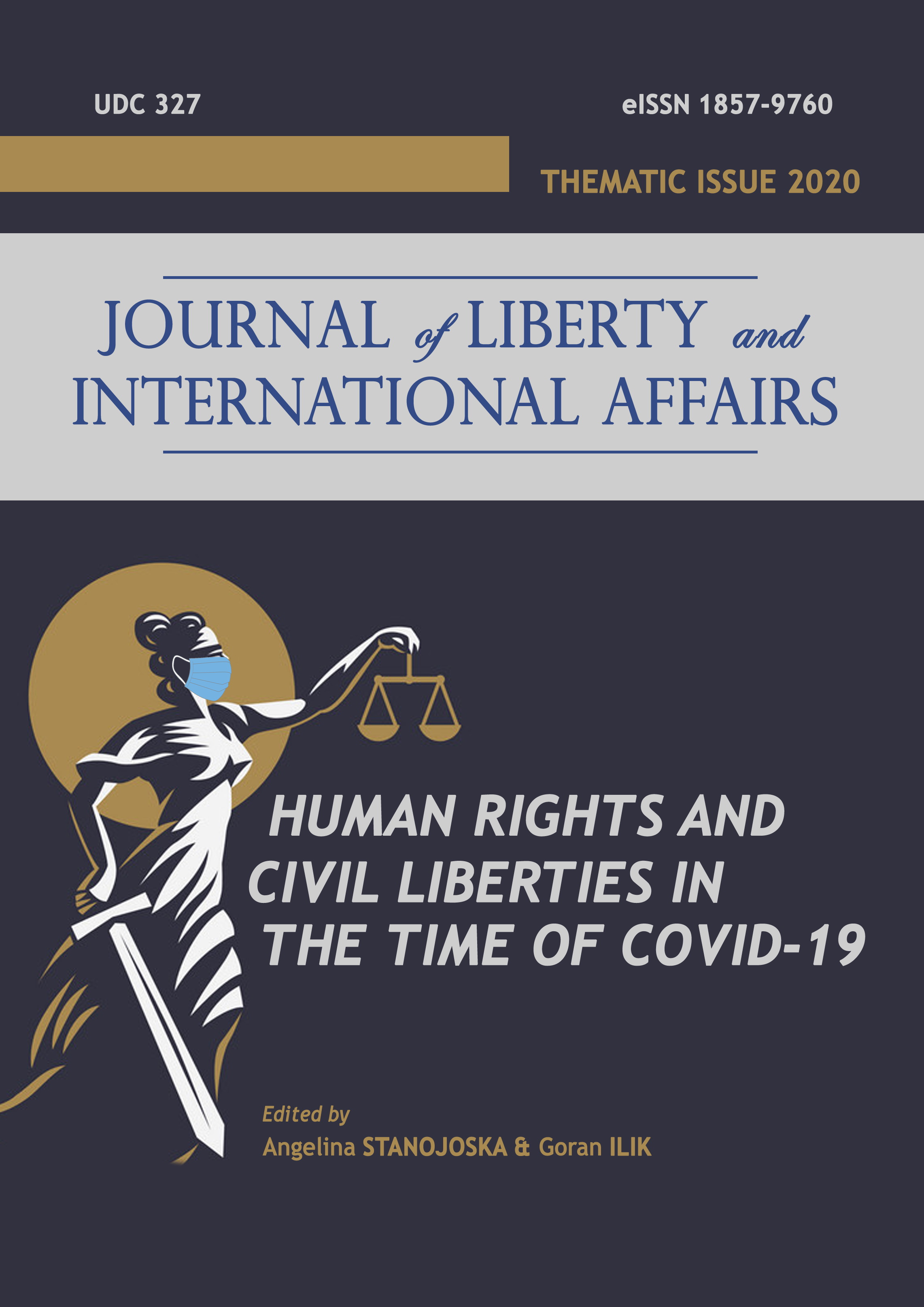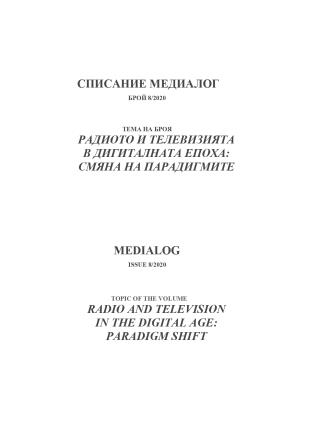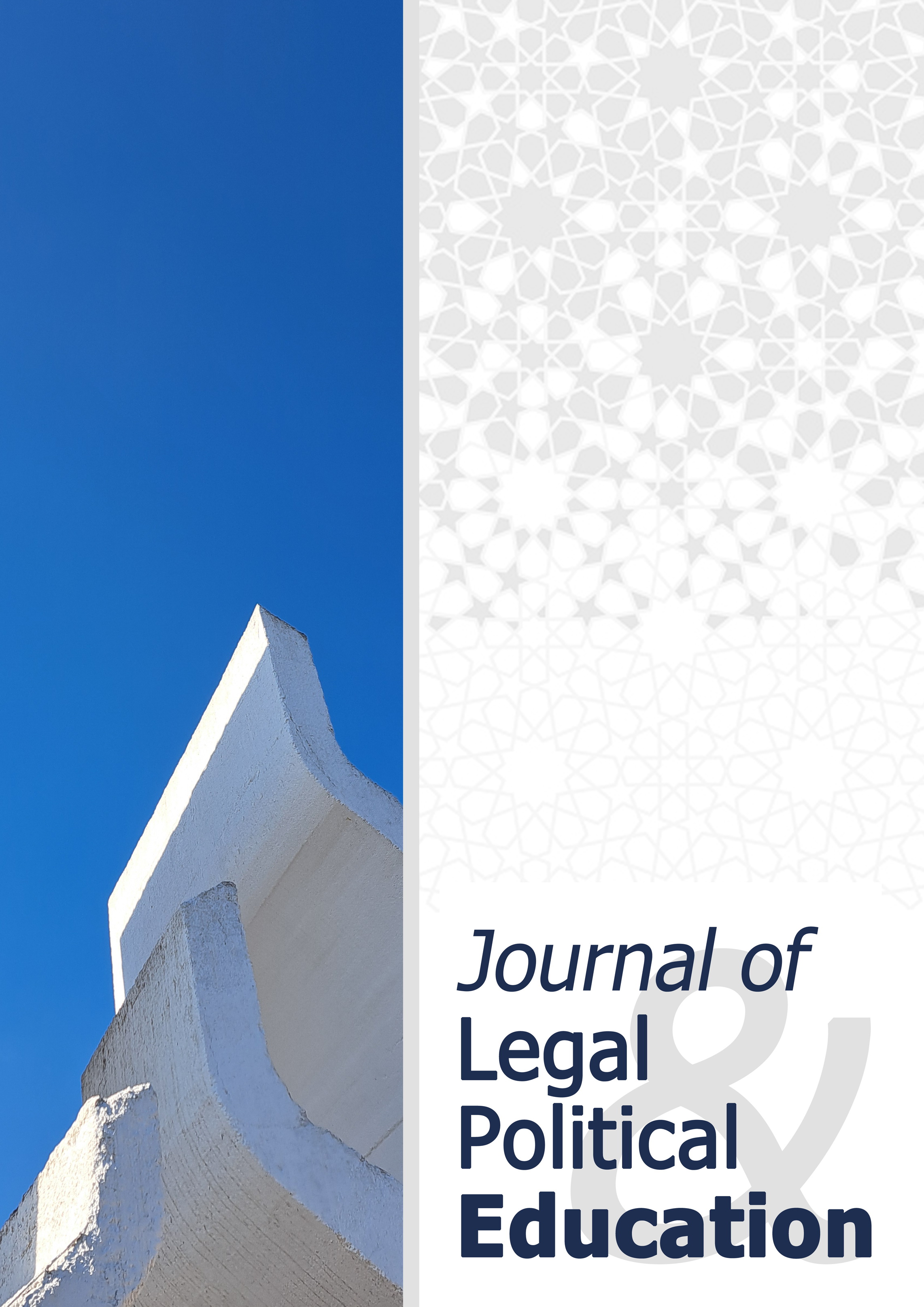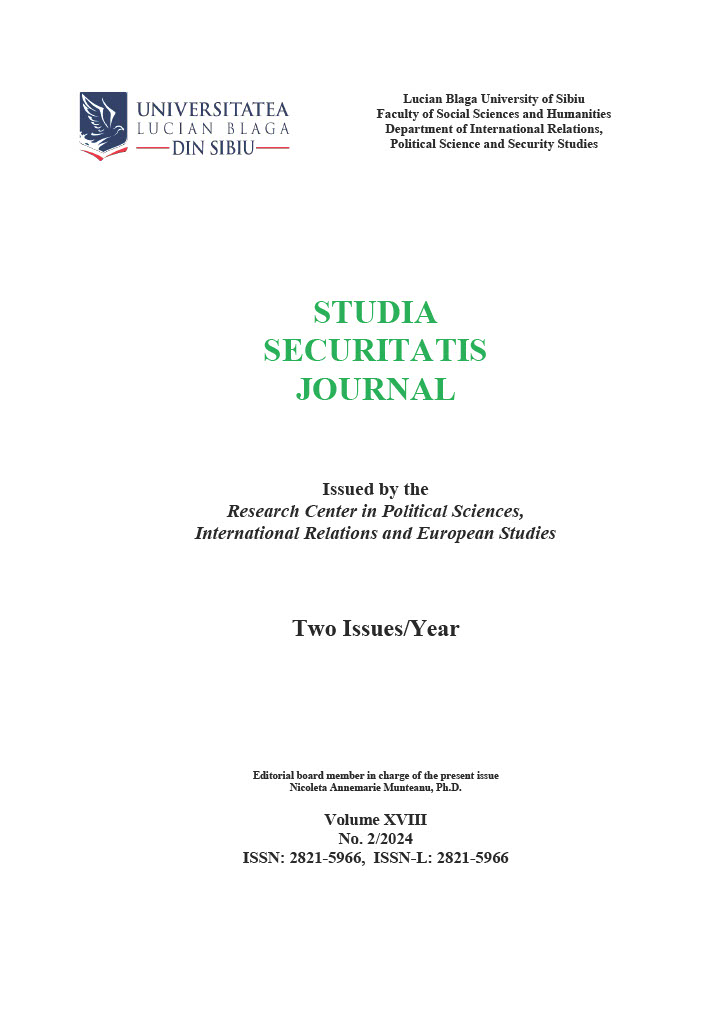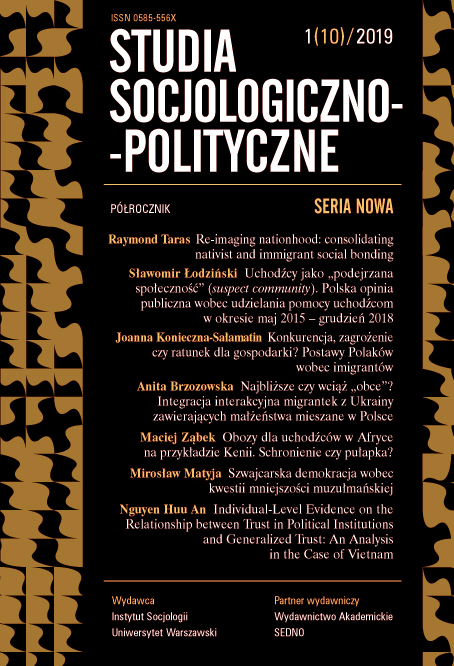
Obozy dla uchodźców w Afryce na przykładzie Kenii. Schronienie czy pułapka?
This article presents the situation that prevails in „temporary” sanctuaries known as humanitarian zones, or colloquially speaking – refugee camps managed by UNHCR in sub-Saharan Africa on the example of Kenya. The invention of refugee camps as a kind of modern refugia is increasingly being criticized in the world. „Protection” and „aid” provided there consist in controlling and keeping their residents alive without giving them the opportunity to live independently. This system is quite convenient for both host countries and the whole so-called humanitarian industry operating according to marketing logic. The system removes the burden of dealing directly with refugees from host countries and the humanitarian industry hasa kind of market of suffering and excluded refuges which legitimize its existence. It justifies the question whether the camps really provide security and help that they promise? Refugees get voluntarily to the refugee camps, but why in that case do they have a sense of imprisonment when they are there? Why the international refugee protection system that promised sustainable solutions can not solve their problems? Why do refugees in the camps often feel that they are in a trap, from which it is difficult to escape? In the text I refer critically to the existing ways of providing protection and assistance to refugees. I underline the significant discrepancies between the declarations on the part of humanitarian organizations and results of their actions. I suggest rethinking the humanitarian aid system called the „International Refugee Regime”, entangled in contradictions and helpless in the face of the suffering that he promised to remove.
More...
